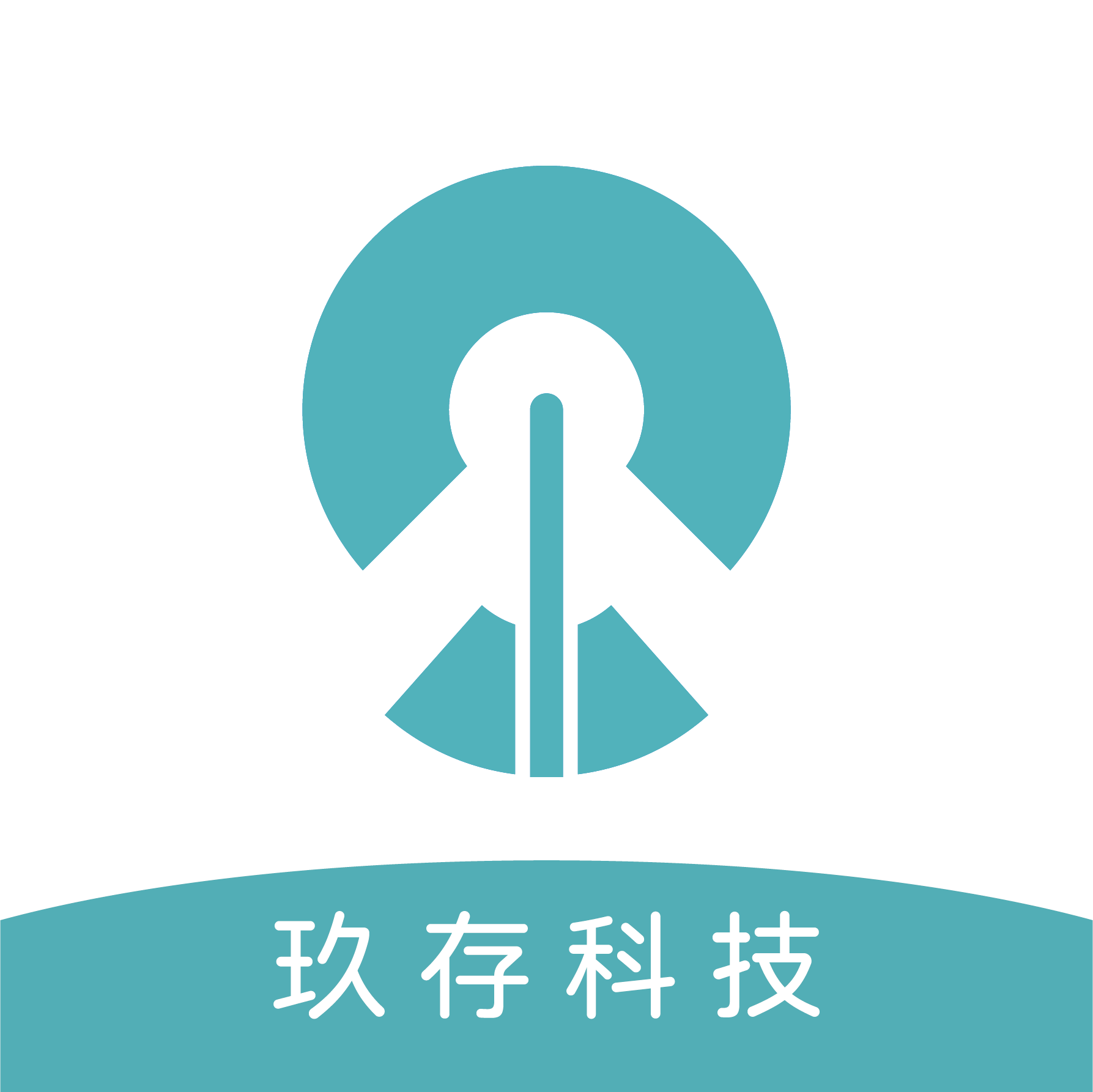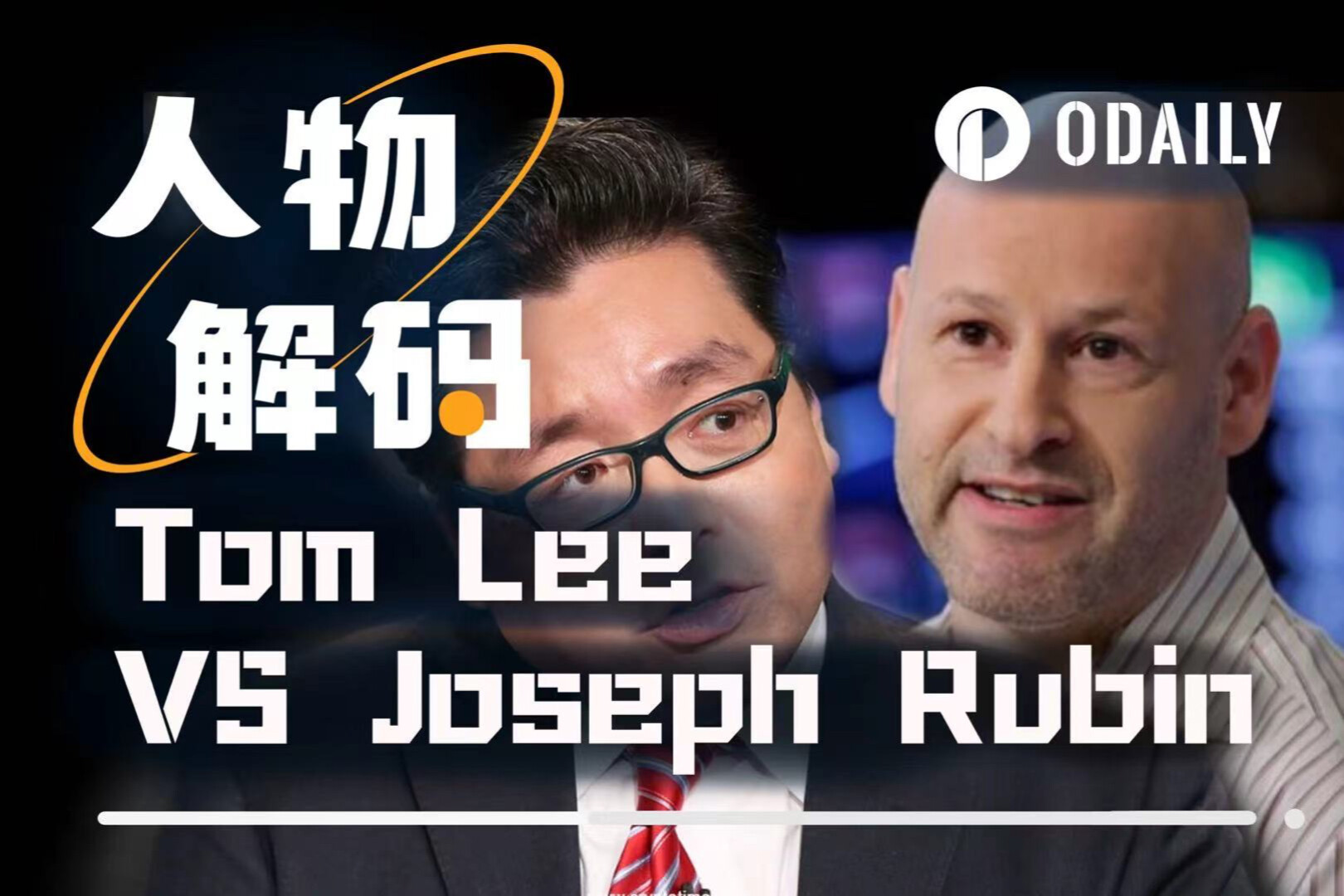When Satoshi Nakamoto invented Bitcoin in 2009, we started envisioning DeFi as an alternative to traditional banking. More than a decade later, we're starting to see that the technology behind Bitcoin can be used to create a completely unimaginable Internet -- one that harnesses our collective computing power, data, and devices to become far more powerful and resilient than they are today. internet.
To say the internet has created astonishing avenues for opportunity and success would be an understatement. It democratizes access to information, creates unlimited economic opportunity, and connects people around the world. In the 1990s, less than 1% of the world's population had access to the Internet. Thirty years later, that number has jumped to 59% of the world's growing population. The Internet today contributes 10% of the US economy. It is undoubtedly one of the most important technologies of all time.
And behind this data growth comes a price. The Internet today looks less like the decentralized, democratic information network envisioned by its inventors and more like an oligopoly controlled primarily by the companies that control the data. The big tech platforms know who and what we search for, who our friends and family are, what we like and what we don’t. These companies leverage our digital identities to build profitable ad-based business models, reaping huge benefits at the expense of user privacy.
Due to the convenience and value these services provide, most users can only accept privacy and opportunity costs. But we must ask ourselves: do we really want our personal data to continue to be the engine of the internet economy? Will the Internet of 2030 have a better way to develop?
In a few years, all companies will need to rethink their operating models and treat users as key partners from the start. Proprietary platforms may start to become open source protocols. The sustainable competitive advantage of an enterprise comes not only from product and technological advantages, but also from the loyalty and trust of users. To be successful, companies need to evolve towards more open services while providing users with ample opportunities for value capture.
Over the past few years, Internet visionaries such as Tim Berners-Lee have been exploring the virtues of a new type of Internet built on these ideas as well as the principles of privacy and decentralization. This technological movement is now known as "Web 3.0".
The Web3.0 network is supported by a decentralized protocol. These protocols rely on the cooperation of users to drive a specific outcome, whether running millions of programs (smart contracts) through the Ethereum decentralized computing platform, or powering a truly decentralized data storage marketplace like Filecoin.
Filecoin is the economic incentive layer of the peer-to-peer decentralized network for data sharing and storage, namely the Interplanetary File System (IPFS).
IPFS and Filecoin were created by Protocol Labs and driven by CEO Juan Benet's vision to create a decentralized and strong "foundation" to store data. Filecoin is a blockchain built on top of IPFS. It has its own native cryptocurrency FIL, which acts as a payment protocol to connect buyers and sellers stored in the IPFS ecosystem.
Instead of relying on trusted intermediaries to coordinate users, Web 3.0 systems use mechanisms such as cryptographic proofs and economic incentives to assure users that the system will work as expected. Therefore, the Web3.0 network is trustworthy, but decentralized. And, since these projects can only succeed if users cooperate with each other, their creators have a strong incentive to align with users' best interests.
The Web3.0 network obtains value by creating opportunities for users, rather than directly obtaining value from users. The Web 3.0 protocol essentially upends the economic incentive structure of today's Internet.
In the past few years, we have seen a century explosion of Web 3.0 applications, from decentralized lending and lending, mobile payment solutions to video encoding services. These projects all rely on many individuals pooling resources to create undiverse open services and products. And, because these projects require users to work collectively to succeed, their core purpose is to protect rather than exploit users and their privacy.
If successful, these types of projects could pave the way for new Internet business models that protect individual users and allow creators to capture value from their inventions. These Web 3.0 systems—the new Internet—could upend the advertising-based business model, which is one of the most successful to date.
There is still a lot that needs to be done before we can truly say we have built a higher performing, safer, more resilient internet infrastructure for all of humanity. But we are getting closer and closer to our goal every day. Decentralization of the internet will change its power structure and redistribute ownership of this critical technology to independent individuals like you and me.



